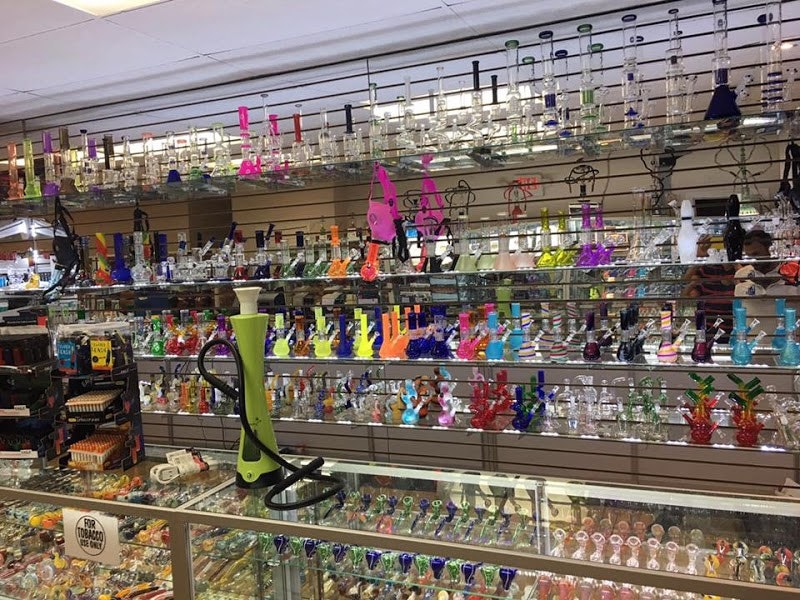Nearly half of America’s states have legalized marijuana, and while it’s good that fewer states now send people to jail for smoking pot, they should focus on the downsides of the drug.
Weed Proponents claim the substance is harmless or that people should have freedom of choice, but marijuana presents many problems. States that’ve legalized weed should respond to these by enacting common-sense marijuana control.
Marijuana’s promoted too much in public. When driving in Massachusetts, I often see billboards advertising marijuana dispensaries. Advertising makes people more likely to use products by exposing people to its availability. It also helps normalize marijuana to the public—adults and children. Since exposure to alcohol and gambling advertising makes children more likely to drink and gamble underage, the same is most likely true with marijuana. Hyper-individualists may not see this problem, but marijuana can harm public health, lead to increased car accidents, and exacerbate mental health problems. Society should mitigate such problems for future generations.
As Congressional Democrats try to legalize marijuana advertising on television, what we need is to keep the ban in place and for municipalities to disallow marijuana advertising on billboards and buses.
Most states allow for the sale of unregulated and potent Delta 8 cannabis, also known as gas station weed. One of the arguments in favor of marijuana legalization was always that you have no idea what you’re getting on the streets. It’s a solid argument, especially at a time when people die of fentanyl overdoses because they do a line of cocaine laced with a deadly substance they had no intention of using. Delta 8 takes us back to the problems associated with street weed. No one knows where it comes from or what’s in it. A loophole in the 2018 farm bill legalized Delta 8 weed nationwide because proponents of industrial hemp, like 81-year-old Mitch McConnell, don't know shit about weed. That’s not to say companies lace Delta 8 with fentanyl, but it may feature contaminants and impurities (heavy metals, pesticides, mold) that negatively impact public health.
The biggest problem is that makes marijuana far more widely available since gas stations, convenience stores, smoke shops, grocery stores, and other entities can sell it without being a licensed weed dispensary. Do we want a pot shop on every block? That’s the reality Delta 8, thanks to governmental incompetence. States could either ban it or regulate it the same way they regulate standard marijuana. Either way, you should probably refrain from getting high off something you buy at a gas station.
Medical marijuana also poses a problem. Although medical marijuana has broader public support than recreational weed—because one can make a convincing case tht it helps veterans with PTSD and those with glaucoma—abuses exist in the process of getting a medical card. In many states, it’s a rubber stamp. You find a quack doctor, make up some ailment, pay him $200, and you’re approved for a medical card. The card allows you to buy more potent weed for less money. I know several people with medical cards, and this is the description of the process they all provided and their rationale for obtaining one. It’s an easy way for hacks to make money rather than an avenue to provide a drug to sick people who may benefit from it. States should ensure those with medical cards are people who need them, not stoners looking for a better deal.
The states’ top concerns regarding marijuana generally are maximizing vice revenue and so-called racial equity guidelines put forth by cannabis commissions. They should focus more on protecting public health, not enriching state coffers and a new special interest group.

